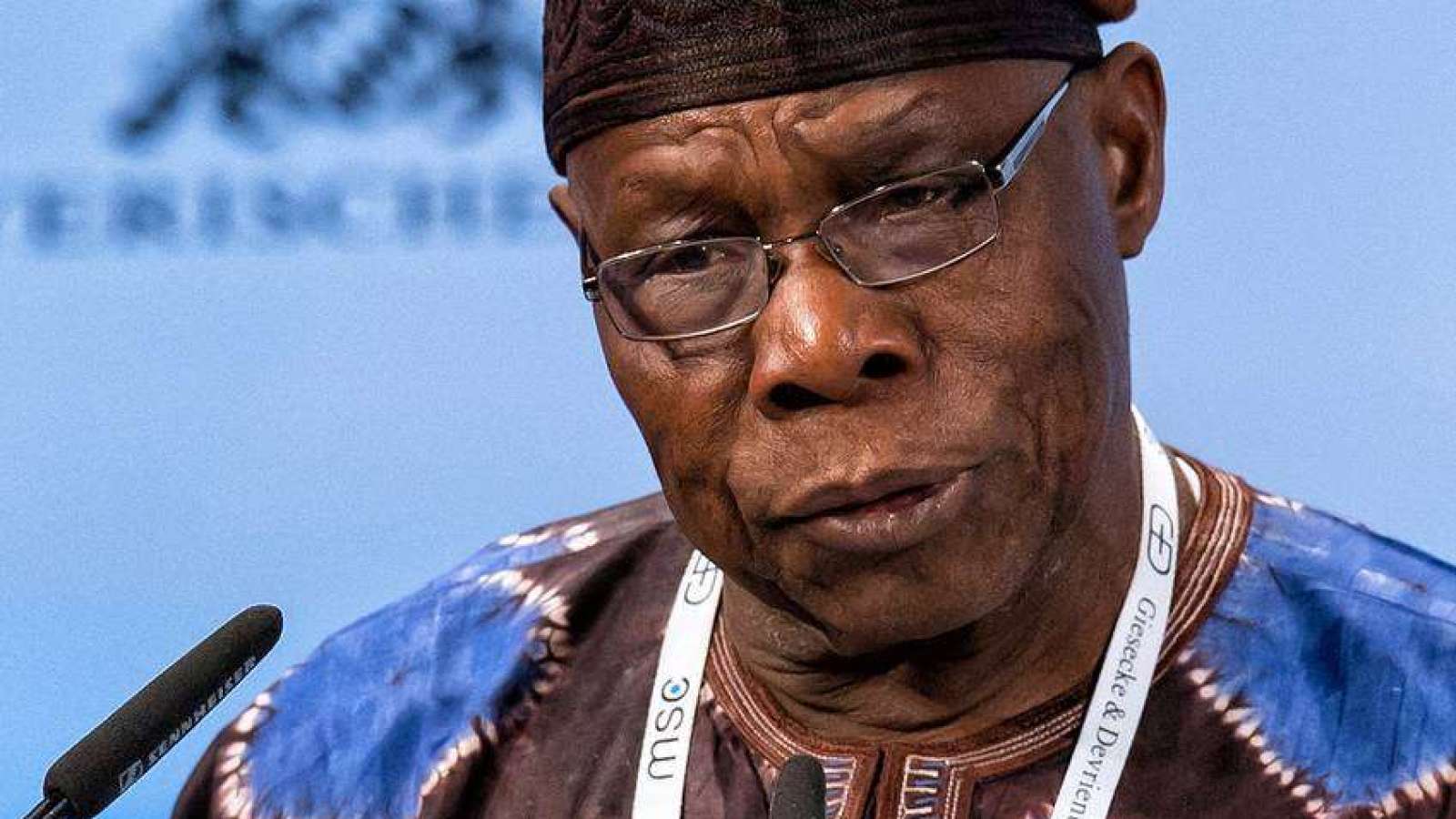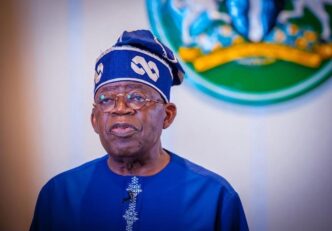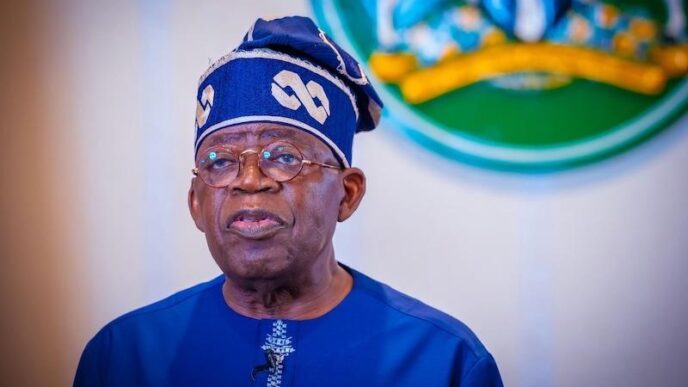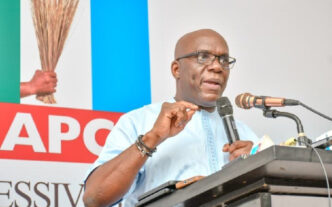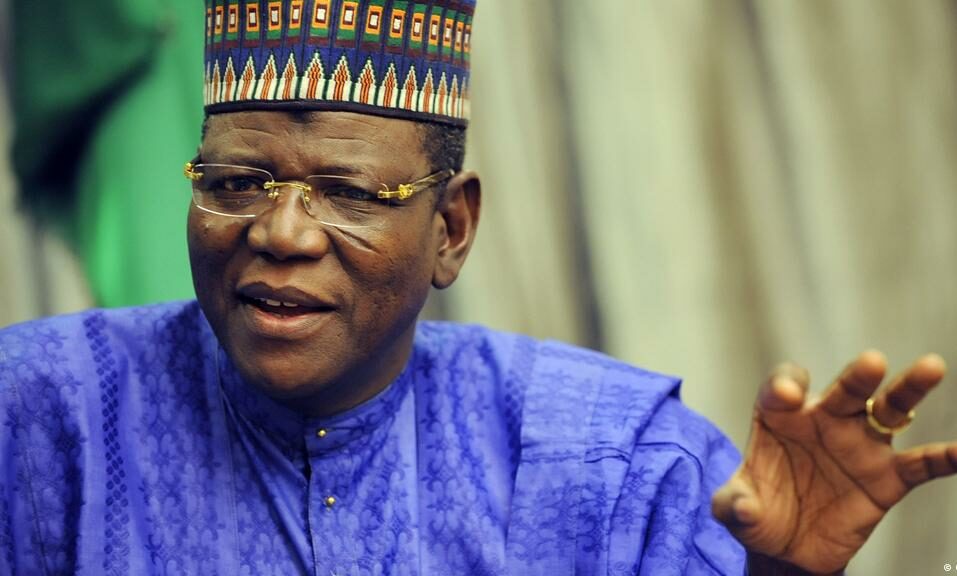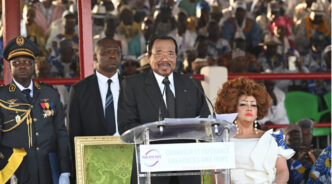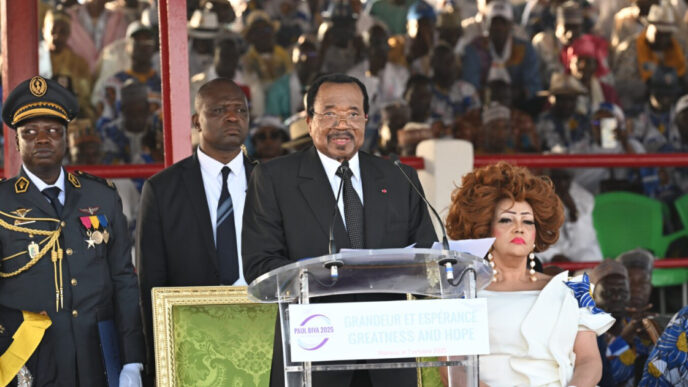Former President Olusegun Obasanjo has disclosed the reason he refused to have ex-Kaduna State Governor, Malam Nasir El-Rufai, succeed him in office.
Gatekeepers News reports that speaking in Abeokuta, Ogun State, Obasanjo said the idea was initially proposed by former Minister of Aviation, Osita Chidoka, but he chose to dismiss it.
Chidoka, who was the keynote speaker at the event, recounted how El-Rufai had recommended him to Obasanjo at the age of 34, a recommendation that eventually led to his appointment as Corps Marshal of the Federal Road Safety Corps.
Obasanjo also criticised Chidoka for not sharing the story of El-Rufai’s recommendation. He said, “Let him tell you. He didn’t mention that he was pushing when I was leaving government that his friend, El-Rufai, should be brought in as my successor.”
The ex-President explained that he rejected the proposal because he believed El-Rufai needed more maturity at the time. He said, “I did not yield to the pressure. Later, he said, ‘I suggested this person, why didn’t you agree?’ I said El-Rufai needs to mature. You remember? When I left government and, many years later, he saw the performances of El-Rufai, he came back to me and said, ‘You’re absolutely correct. El-Rufai needed to mature.’”
Despite this, Obasanjo commended Chidoka, El-Rufai, and others for their special attributes which were key drivers of his administration.
Speaking on the theme of the event, “Importance of Leadership in Governance,” he emphasised that character, exposure, experience, and training are essential components of effective leadership.
He said, “It’s only in politics that I found out there is no training for leadership. Even among armed robbers, I was told there is an apprenticeship. But it’s only in politics that there is no training in leadership. That’s not good enough.”
During his keynote address, Chidoka attributed Nigeria’s problems to excuses and the politics of alibi. He said, “Leadership finds its true measure not in speeches or charisma but in the systems it leaves behind.”
“Moral conviction must translate into the everyday machinery of governance—rules, routines, and institutions that make competence predictable and corruption difficult. Nigeria’s problem has never been a shortage of ideas; it is the absence of systems strong enough to outlive their authors.”

